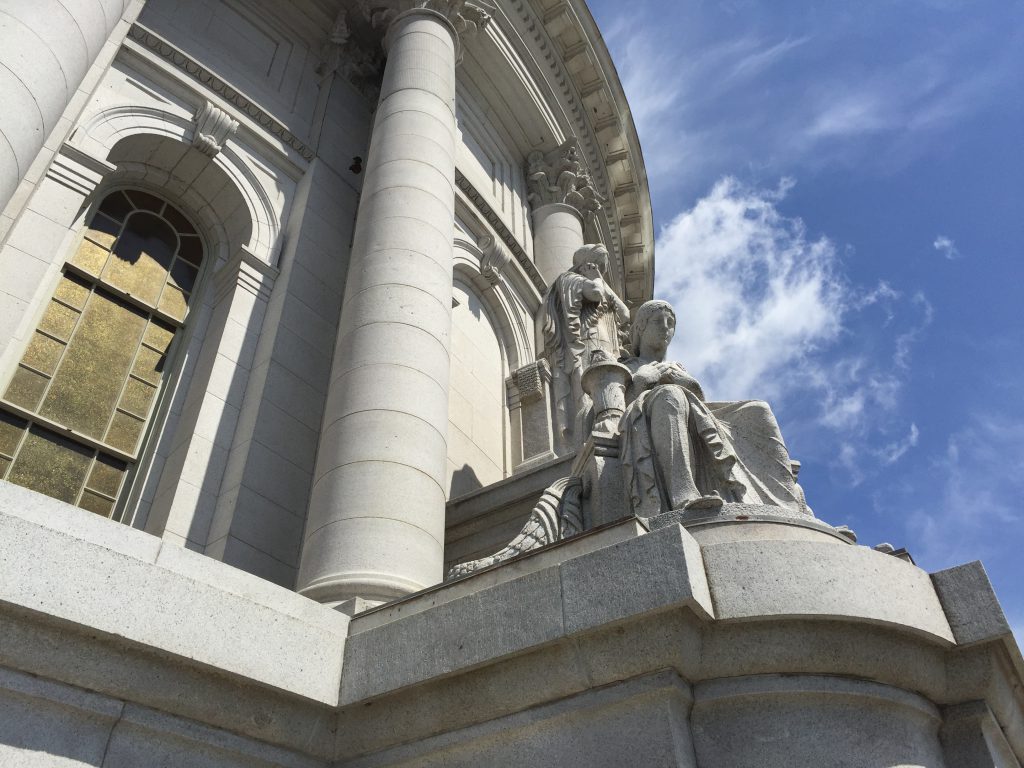Budget Surplus Offers ‘Golden Opportunity’
Report details how $4.4 billion state surplus could be used to improve Wisconsin.
Wisconsin’s $4.4 billion budget surplus represents a “golden opportunity” for lawmakers to address a number of the state’s largest challenges, according to a report from the nonpartisan Wisconsin Policy Forum (WPF).
The news of the surplus — which is attributed to stronger than expected tax revenue, funds not spent and a massive injection of federal aid — came as the Republican majority on the powerful budget committee cut and slashed its way through Gov. Tony Evers’ 2021-23 budget proposal. Republican budget decisions already threaten to cost Wisconsin $2.3 billion in federal education funds.
The unanticipated $4.4 billion could be used in a variety of ways, suggests WPF.
“With tax collections boosted by federal stimulus, vaccination efforts, and the release of pent-up consumer demand, the state now has ample resources to help citizens and businesses while strengthening its own finances and potentially reducing taxes,” the report states.
In what Evers has called the “year of broadband,” WPF says the budget surplus could partially be used to fund projects that expand internet access across the state. Or, it could be used for other infrastructure projects such as fixing crumbling roads and bridges or removing lead pipes from water systems across the state.
WPF also said the money could be used to boost economic development through UW System programs or aid for childcare providers to help people return to the workforce.
The amount of money the state provides to local governments has declined in recent years, putting more and more pressure on property taxes as a revenue source for local services.
The surplus could ease the burdens that have been put on local government budgets, according to WPF.
Aside from funding projects or easing local pressures, the surplus could also be used to cut taxes, WPF said. But policymakers would need to be mindful of a provision in the recently enacted American Rescue Plan that prevents federal stimulus money from being used for tax cuts.
“With $4.4 billion more in Wisconsin’s pocket, there’s no excuse for choosing not to fully invest in our kids and our schools, expand broadband, support our small businesses, and ensure our state bounces back and better than we were before this pandemic,” Evers said in a radio address Thursday.
Republicans had other ideas, immediately warning against spending the money rather than using it for tax cuts.
“These numbers show Republican reforms and responsible budgeting have further solidified the health of our budget,” Sen. Howard Marklein (R-Spring Green), budget committee co-chair, said in a statement. “However, the fact that our state experienced such an unpredictable contraction and rebound in such quick succession underscores the need to be cautious with this budget. If we recklessly spend this new money and grow taxpayer obligations in an unsustainable way, we risk future fiscal stability — a stability Republicans have spent a decade cultivating.”
Spending the money would be “reckless” Republicans said — unless it’s used to cut taxes.
“With this new surplus, Republicans want real, substantial tax relief that keeps less money in Madison and more money in the hands of working families and main street employers,” Sen. Duey Stroebel (R-Saukville) said.
Wisconsin’s budget surplus offers flexibility and opportunities to lawmakers, report says was originally published by Wisconsin Examiner.





















